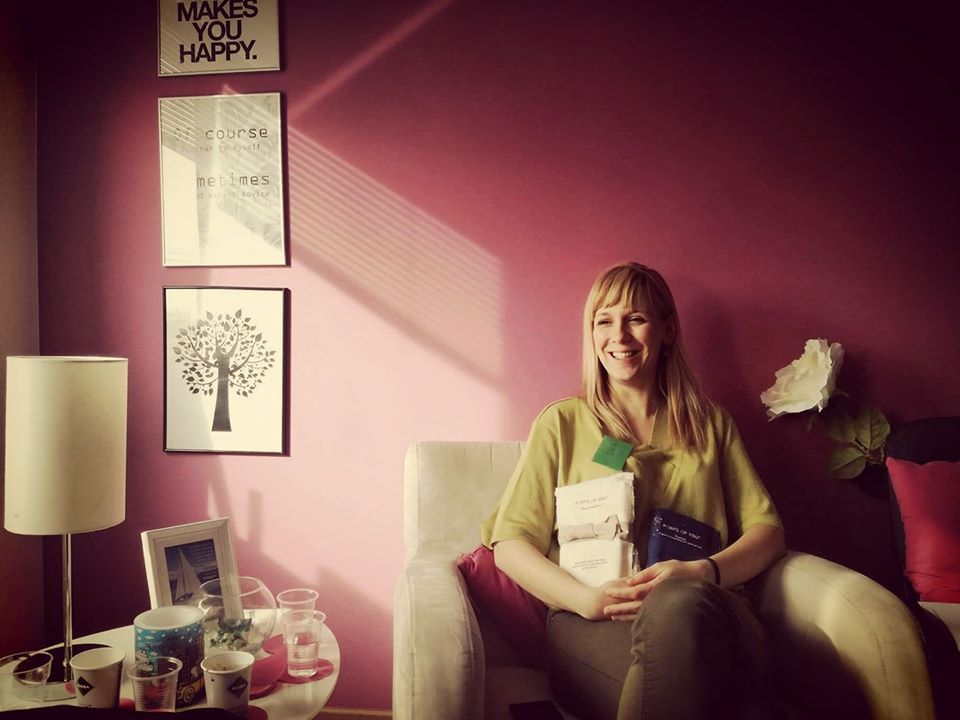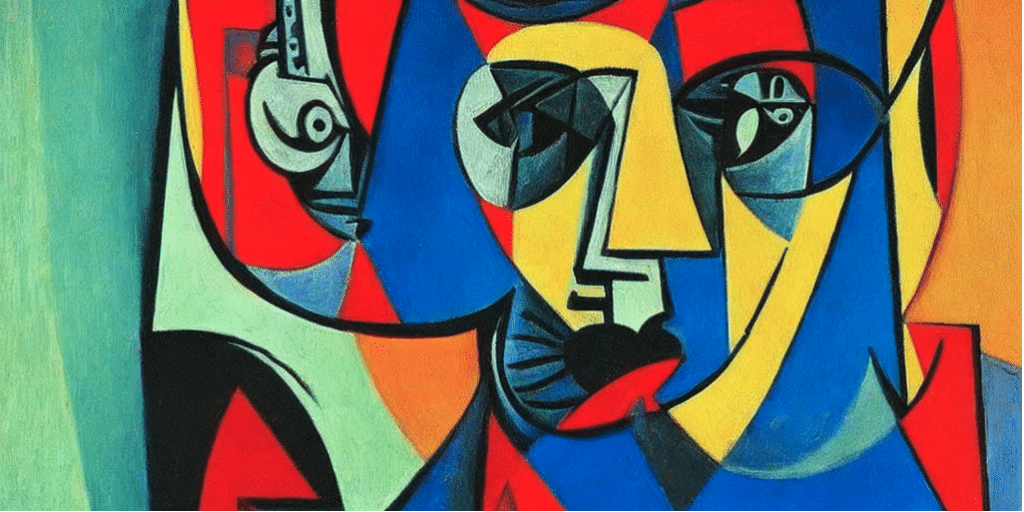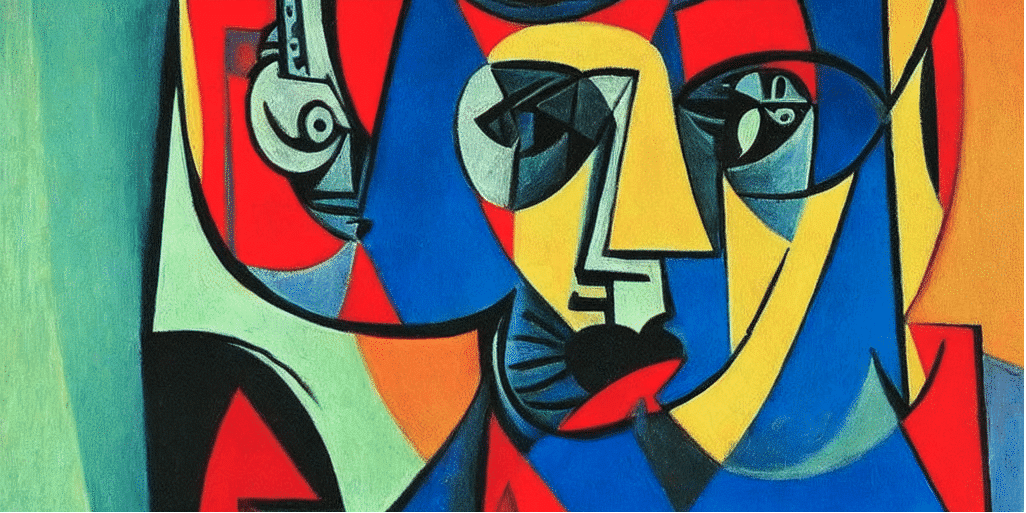
Shame and guilt – how to deal with these emotions?
Today, if you are in the story of personal development, sooner or later you will come across the topic of dealing with our unpleasant emotions. You’ve probably read about how to become aware or accept difficult emotions, why anger is important or how to deal with sadness. I am glad that there is more and more talk about socio-emotional intelligence and that the importance of awareness, recognition and acceptance of emotions is being recognized instead of “pushing them under the carpet”.
On the other hand, I don’t know about you, but personally I have not often encountered conversations about guilt, and especially not about the emotion of shame. And I believe you will agree that shame and guilt play a much bigger role in the dynamics of relationships than we are ready to admit to ourselves (and others!). The person who has popularized this topic in recent years is definitely Brene Brown, and I wholeheartedly recommend you to read one of her books.
The emotion of shame has had the greatest impact on relationships in my life. As someone who has tried for years to build an image of herself as a self-confident person who knows exactly what she wants in life and strives to achieve her goals, facing the first defeats and difficulties in life did not leave me immune to the emotion of shame. It was okay to be sad, frustrated, scared or even angry… but ashamed, oh no… Why? Because that would mean in my eyes that I am weak, incompetent or unsuccessful… and I could never allow myself to see myself like that, let alone others. As someone who was an excellent student, quite active in the NGO sector in her younger days, the fact that I couldn’t find a job was devastating. As someone who had an 8 year relationship that was the epitome of stability and a secure potential marriage, the fact that this was not the reality of that relationship was devastating. Therefore, shame in my life did what it knows and does best – shame isolated me.
Shame and guilt
The reason why shame had such an effect on me is the fact that it is a social emotion. The focus in the emotion of shame is: “I in the eyes of others”.
There is a difference between shame and guilt. Guilt is: “I did something bad”, and shame is: “I am a bad person”. These emotions can have a positive function by helping us in certain life situations to try to be better people, or to correct something that we have done wrong to another, but, unfortunately, these emotions know how to last and last – along with the beliefs that we are bad, worthless or unsuccessful.
The fact is that there are topics that are taboo and that we don’t like to talk about, especially if they involve some of our personal, intimate experiences. Avoidance is not the same as “letting go”, and therefore the emotions of shame and guilt will become stronger over time and will make us feel lonely and isolated in relation to other people. Precisely self-compassion as a direction and practice of authors Kristin Neff and Chris Germer, can help us in the process of better acceptance of these emotions, primarily because one of the components of self-compassion is common humanity. Common humanity means that we talk about the experiences that we share as humans, and that also means those experiences that we are ashamed of or feel guilty about.
Three paradoxes of shame
When we talk about shame from the perspective of self-compassion practice, there are three paradoxes of this emotion:
Shame makes us feel guilty, but shame is an innocent emotion. Shame makes us feel isolated, but shame is a universal emotion. Shame seems like it lasts forever, but shame is a passing emotion.
Join our Action-Packed 7-day Resilient Leader Challenge!
Each day presents a unique dare to stop, slow down, notice, feel, and connect. Hit the link 👇 to learn more.
At first , it sounds strange to describe shame as an innocent emotion, and here I am not disputing the negative consequences that shame can have on us, but this emotion is born from our innocent need to be loved and accepted as we are by others. The cure for these three paradoxes are precisely the three components of self-compassion: empathy in relation to oneself, common humanity and mindfulness.
How does self-compassion help us deal with emotions of shame and guilt?
Self-compassion is our ability to treat ourselves during difficult times as we would treat a friend who is suffering. Self-compassion involves 3 components: our ability to recognize and accept unpleasant emotions and not identify with them (mindfulness skills), the ability to give ourselves empathy and support when going through difficult periods instead of criticism and judgment, and the ability to connect with our common humanity, i.e. an awareness that we are not alone in difficult experiences – but that difficult periods are part of our shared human experience.
The steps we can take to accept these emotions are:
- Awareness of the emotions of shame and guilt in the body – recall an event in which you were faced with these emotions, try to find one place in the body where these emotions are manifested the most (lump in the throat, pain in the chest, pressure in the head…) try to physically soften and relax this place (you can imagine eg a stream of warm water pouring over this place), keeping in mind that we are not trying to change this emotion but just “hold” it in a compassionate way.
- Then comfort yourself for dealing with this emotion either through a supportive touch (hand on heart, belly…) or by associating with words of support or comfort that you would love to hear in these moments. Allow yourself for these emotions to be present and let go of the need to get rid of these emotions.
- Awareness of our common humanity – we ALL face these emotions and if we were to talk about shame, of course in a safe, confidential environment with those people who instill confidence in us and who are close to us (sometimes this is a psychotherapist) we will feel that we are not alone. I know from personal experience how liberating it is to talk about something that we may have carried as our own “cross” for a long time with another person, and from many years of working with people, I know that others feel the same way.
- Meeting with negative beliefs. Some of our negative beliefs about ourselves are often hidden behind shame. Try to connect with this emotion and think about what negative belief might be hiding behind this emotion: what scares you that others can find out about you? Can you name it? For example, I am afraid that they will find out that I am a fraud, that I am a weak, bad person… These are examples of some negative beliefs that we may have about ourselves. These beliefs and shame stem from our need to be loved and accepted by others. Can you give yourself support, understanding and empathy for having this belief about yourself? Try reaching out to yourself with support, as you would a dear friend.
Stay Connected & Level Up Your Leadership with Bujoo!
Craving for more wisdom on leadership and team building? Sign up for our newsletter now and enjoy weekly nuggets, invigorating exercises, enlightening podcasts, and inspiring stories — your toolkit for becoming a better leader awaits.



























